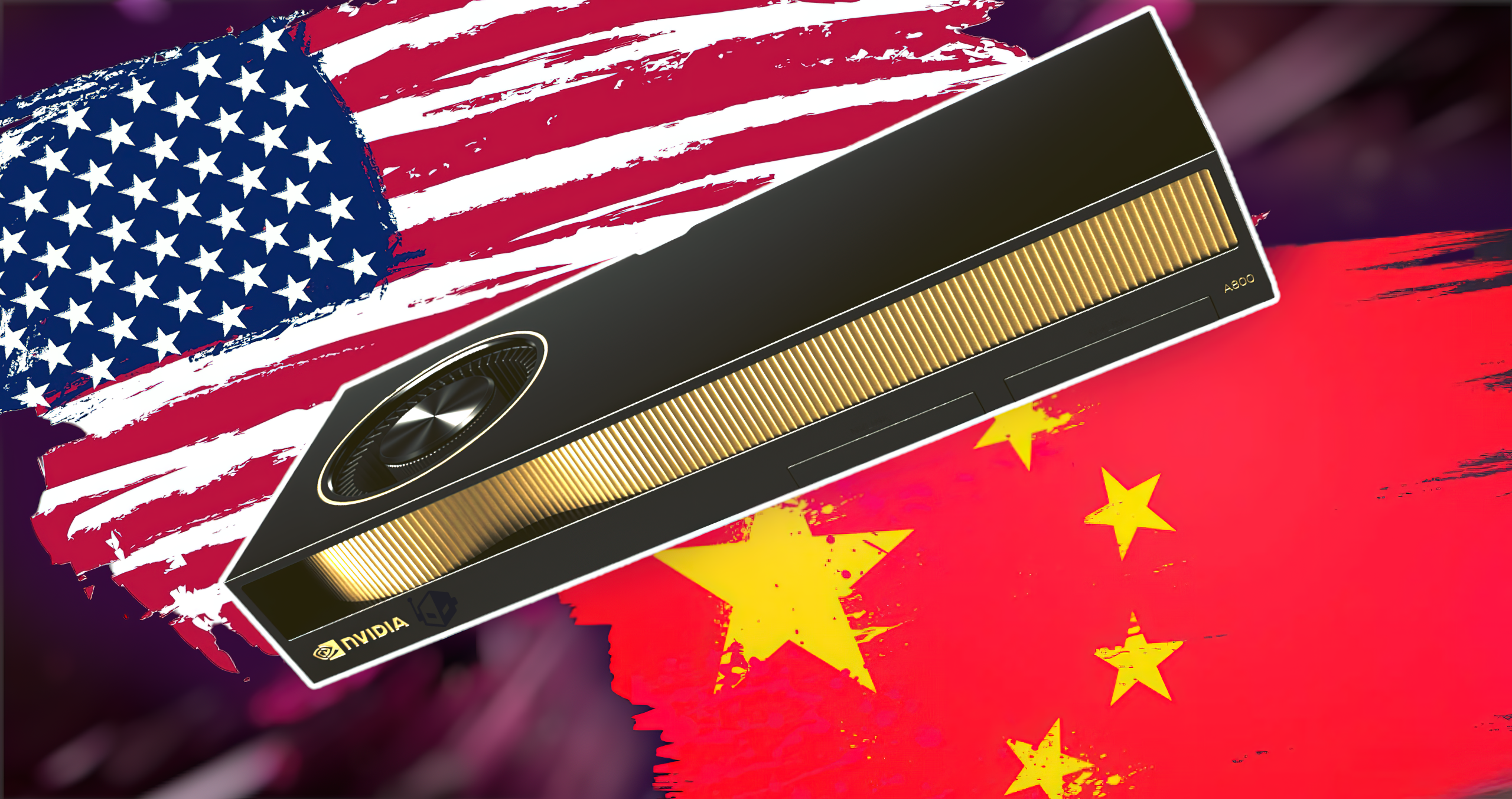The Trump administration’s firm stance on restricting the export of advanced AI hardware to China shows no signs of shifting. With a particular focus on NVIDIA’s H20 AI accelerator, the company now finds itself in a difficult position, unable to access the growing Chinese market for its cutting-edge technology. Despite the U.S. 
government easing some chip export controls, comments from Kevin Hassett, the Director of the National Economic Council, confirmed that there would be no lifting of the export ban on NVIDIA’s H20 AI GPU. This effectively puts an end to the company’s ambitions of penetrating the Chinese market with this particular product.
The restrictions, which were put in place at a time when demand for the H20 AI accelerator was at its peak, have reportedly cost NVIDIA tens of billions of dollars in lost revenue. But what comes next for NVIDIA? The company has acknowledged that it cannot make further revisions to its Hopper series, leaving them with limited options for continuing their business in China.
Looking ahead, NVIDIA is rumored to be preparing a new solution for the Chinese market in the form of its Blackwell chip. In a move that would comply with U.S. export restrictions, this new chip could feature GDDR7 memory, similar to the one used in the RTX 6000 ADA series. The Blackwell chips would likely match the performance of NVIDIA’s workstation GPUs, with the company’s popular CUDA technology still driving sales.
As the ongoing U.S.-China chip war continues to unfold, NVIDIA finds itself walking a fine line, trying to satisfy both U.S. regulations and its business needs in China. How this will impact the company’s future in the region remains to be seen, but it is clear that there are very few options left for Team Green to maintain its foothold in China.
2 comments
Poor Nvidia, they can’t catch a break with all these bans. First H20 now Blackwell?!
This whole export ban is such a mess… hope it works out for nvidia, but idk..